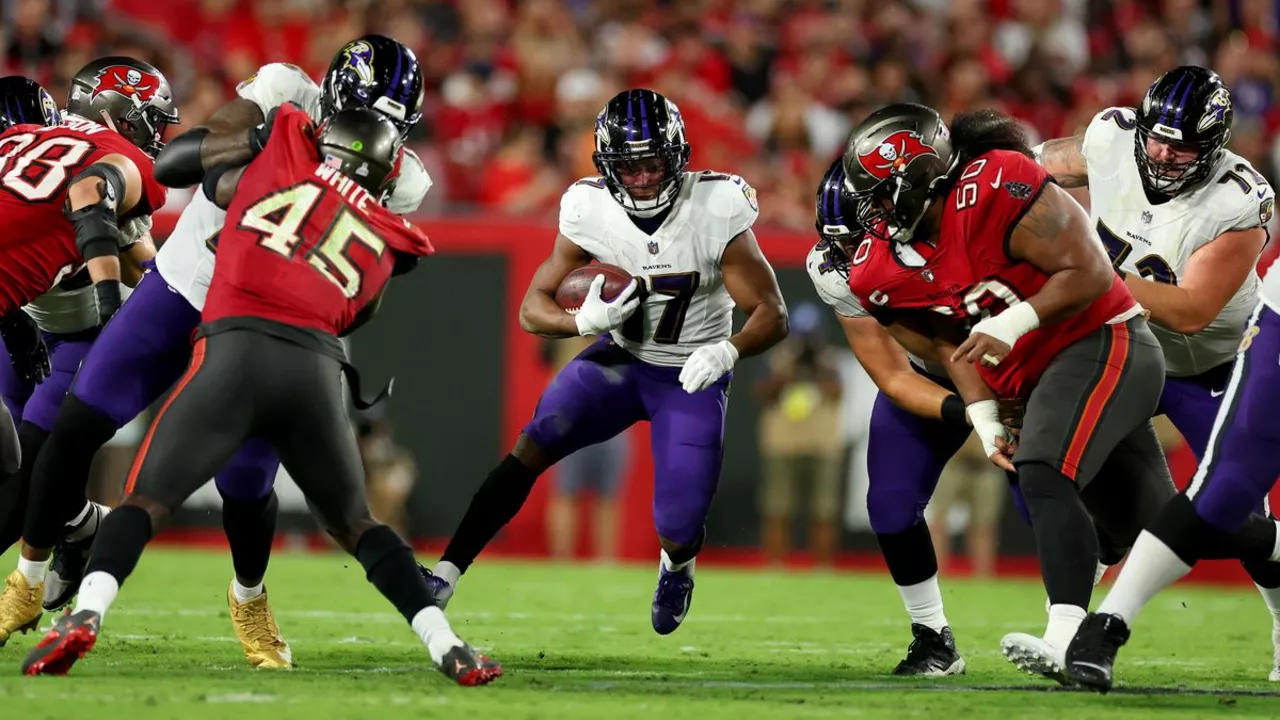Understanding the NFL
I've been a football fan for as long as I can remember. The physicality, the strategy, the sheer intensity of it all - it's a game that can really get your blood pumping. But one question that's plagued me for a while is whether the NFL - the National Football League - has the legal right to fix its own games. It's a question that's bothered many a die-hard fan and casual observer alike. Is it really possible that the outcomes of these high-stakes games are predetermined? And if so, is it legal?
The Rules of the Game
Before we dive into the legality of game-fixing, it's important to understand the rules of the game. NFL games are governed by an intricate set of rules that dictate everything from player conduct to scoring. Any deviation from these rules could be considered a violation. But these rules are solely focused on the game itself - they don't address the possibility of game-fixing. In other words, the NFL's rules don't explicitly forbid the organization from fixing its own games.
The Legality of Game-Fixing
Now, let's move on to the million-dollar question - is it legal for the NFL to fix its own games? The short answer is no. It's generally illegal for any sports organization to fix games. This is because it compromises the integrity of the sport, and it's considered a form of fraud. If a game is fixed, it means the outcome has been predetermined, which is unfair to the players and the fans.
The NFL's Stance on Game-Fixing
The NFL has always maintained a strong stance against game-fixing. The organization has a strict policy against any form of manipulation or interference that may influence the outcome of a game. This is in line with its commitment to maintaining the integrity of the sport. The NFL has always asserted that its games are fair and free from any form of manipulation.
Legal Consequences of Game-Fixing
The legal consequences of game-fixing in sports can be severe. Those found guilty can face hefty fines and even imprisonment. The severity of the punishment often depends on the extent of the fraud. In the case of the NFL, if it were found to be fixing its own games, it would likely face significant legal and financial consequences.
The Impact on Fans
Game-fixing has a profound impact on fans. It not only shatters their trust in the sport, but it also robs them of the unpredictability and excitement that makes the game so thrilling to watch. If fans can't trust that the games they're watching are legitimate, they're likely to lose interest and stop supporting the sport.
The Role of Betting
One of the main reasons why game-fixing is such a serious issue is because of its impact on betting. A significant number of people bet on NFL games, and if these games are fixed, it means that these bets are essentially meaningless. This is why the NFL, like other major sports leagues, has strict policies against game-fixing.
Ensuring Fair Play
At the end of the day, the most important thing is to ensure fair play in sports. Whether it's the NFL or any other sports league, it's crucial that the games are played fairly and without any form of manipulation. This not only ensures the integrity of the sport, but it also respects the efforts of the players and the trust of the fans.
Conclusion: Is it Legal?
So, is it legal for the NFL to fix its own games? As we've seen, the answer is a resounding no. While the NFL's rules don't explicitly forbid it from fixing its own games, general legal principles make it clear that game-fixing is illegal. It's a form of fraud that compromises the integrity of the sport and the trust of the fans. So, regardless of the rumors and speculations, we can rest assured that the NFL is committed to ensuring fair play in all its games.
